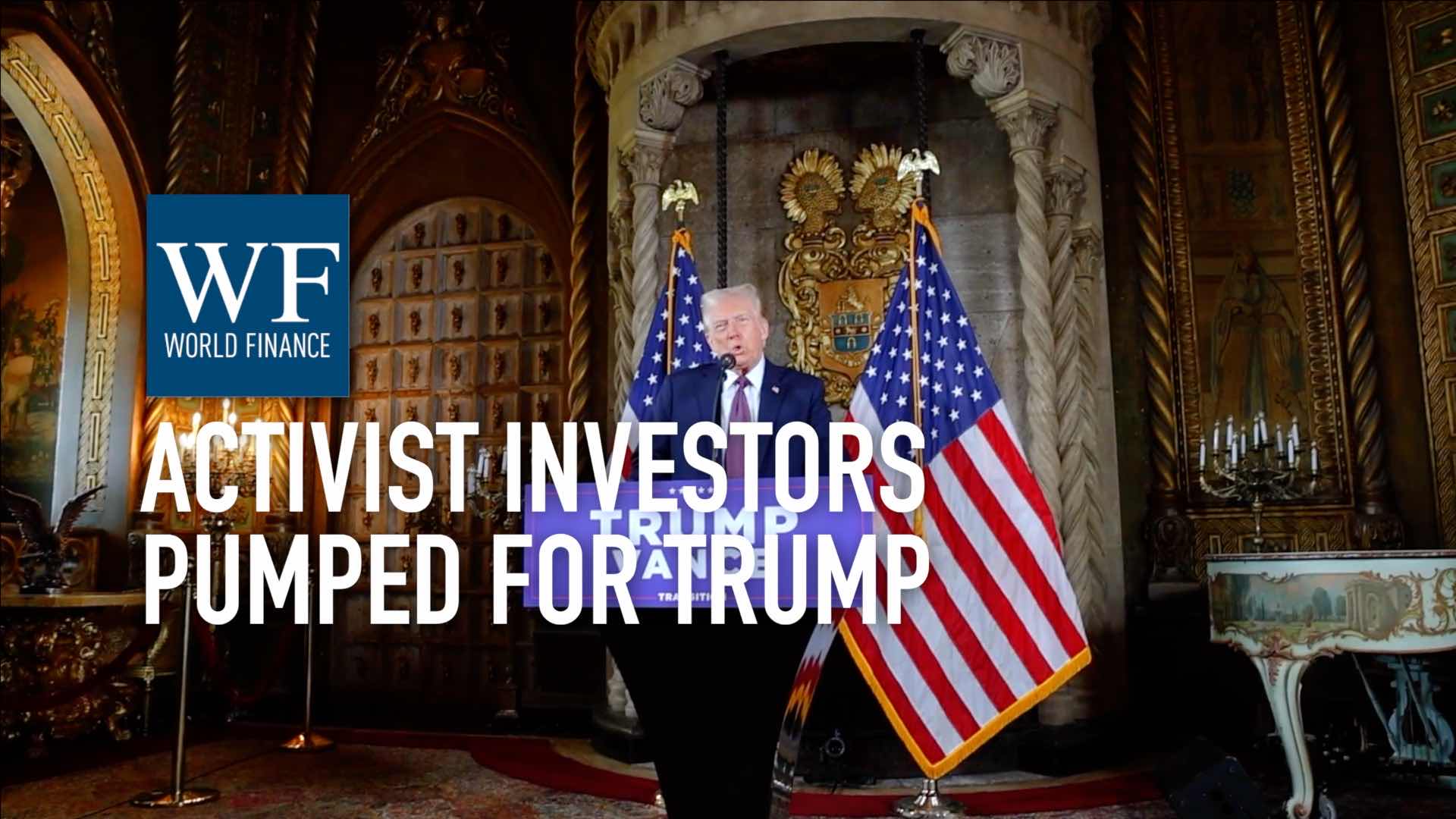Royal Forex: You have to be totally transparent with your clients
Ghassan Elias Kteily explains the challenges in the hyper-competitive forex brokerage arena
Related:
Transcript
The current volatility and fluctuation in global currencies have boosted the popularity of investing in the foreign exchange market. Ghassan Elias Kteily, AGM/Chief Growth Officer for Royal Forex Trading, discusses the opportunities for traders, and the challenges for brokers – as well as the likely trends that will emerge as Chinese growth slows.
World Finance: The current volatility and fluctuation in global currencies have boosted the popularity of investing in the foreign exchange market.
With me to speak about how best to navigate this industry is Ghassan Elias Kteily, AGM/Chief Growth Officer for ROYAL Forex Trading.
Well Ghassan, the forex market. Tell me about the opportunities and indeed the challenges that represents?
Ghassan Elias Kteily: The abundance, if you like, or the approachability of the foreign exchange market makes it easy to trade. And a factor that really adds to that and enhances trading, is the low margin – that’s the leverage. The low margin, which is as low as one percent, and sometimes a quarter of a percent or half of a percent, enables you to trade 200 times your money.
It gives the opportunity to speculators to trade with very little money, big amounts and volume of foreign exchange. However, it increases the risks and rewards – so this is an opportunity and it is a challenge at the same time.
Well ROYAL is a global financial trading brand and you offer your services through headquarters in both Beirut and Sydney but when it comes to trading and data security, how do you deal with different jurisdictions?
Ghassan Elias Kteily: We chose to be fully regulated in both jurisdictions in Lebanon by the CMA, which is the Capital Markets Authority; and in Australia by ASIC, which is the Australian Securities and Investment Commission.
So when we talk about data security, we are talking about protection against cyber attacks. Companies like ROYAL through adhering to the requirements of the regulators – that is segregating the clients funds, putting in place proper risk management strategies, meeting with all the liquidity ratios – do guarantee that funds are secure, and that clients can worry about trading in the markets, not about their funds being secure or not with ROYAL and other companies.
World Finance: And those trading in the Middle Eastern markets differ from that of the west?
Ghassan Elias Kteily: The Middle East’s investors are as sophisticated as they are in the rest of the world. However, eight countries in the GCC and in the Middle East have their currencies pegged to the dollar.
So for them, currencies are pegged, and there isn’t much uncertainty over there. People tend to trade commodities instead: oil, gold, silver and so on and so forth.
Trading commodities is more risky than trading currencies. And Middle Eastern investors work on a tactical, not a strategic basis. And that’s what makes their trading more short-term and abrupt: so, quick trade will come out. While with the European investor, you’ll find that they will take a strategic position, like with equities, and leave it for a longer-term.
World Finance: And when it comes to regulation, how stringent is your industry?
Ghassan Elias Kteily: Very stringent. Regulators have opted for stipulating and dictating more rigid parameters and benchmarks that will regulate the industry. And accordingly, they have imposed higher margins, more capital requirements, higher ratio requirements, to ensure that companies stay on the safe side. Consequently, the investors, the clients, and their moneys are safer.
World Finance: Transparency is of course a huge issue, how do you approach this?
Ghassan Elias Kteily: Transparency relates to many aspects. There is trading transparency: that is, what you demonstrate on your website. You have to advertise and promote what you really do offer – you have to be totally transparent with clients regarding spreads, fees, commissions, the depth of the liquidity you have. And in volatile markets clients will be concerned very much about having their orders executed.
And this what you should be transparent about. Basically, advertising honestly and transparently how much you can help the client transact his transaction and his business through you as a company.
World Finance: Now finally, we have seen the Chinese stock market having quite an impact on markets worldwide, so what other trends do you foresee impacting your industry over the coming months?
Ghassan Elias Kteily: What I foresee is that moving forward for the next 18-24 months, emerging markets and developing countries that are the major partners to China, like Brazil and other Latin American countries and some east European countries, which basically export steel and copper and wood to China; as the Chinese economy slows down, they are bound to be affected.
Their currencies are going to be affected because if you export less, to the second largest economy in the world, that means you are earning less foreign currency.
Likewise, it will affect their capital markets because their borrowing power will be less, you have to borrow at a higher rate and that means spending more, and that means, your capital market locally will be affected adversely as well.

 Prepare now for aggressive shareholder activism under Trump 2.0, says Kai Liekefett
Prepare now for aggressive shareholder activism under Trump 2.0, says Kai Liekefett Banco Popular Dominicano: Digitalising Dominican finance
Banco Popular Dominicano: Digitalising Dominican finance
